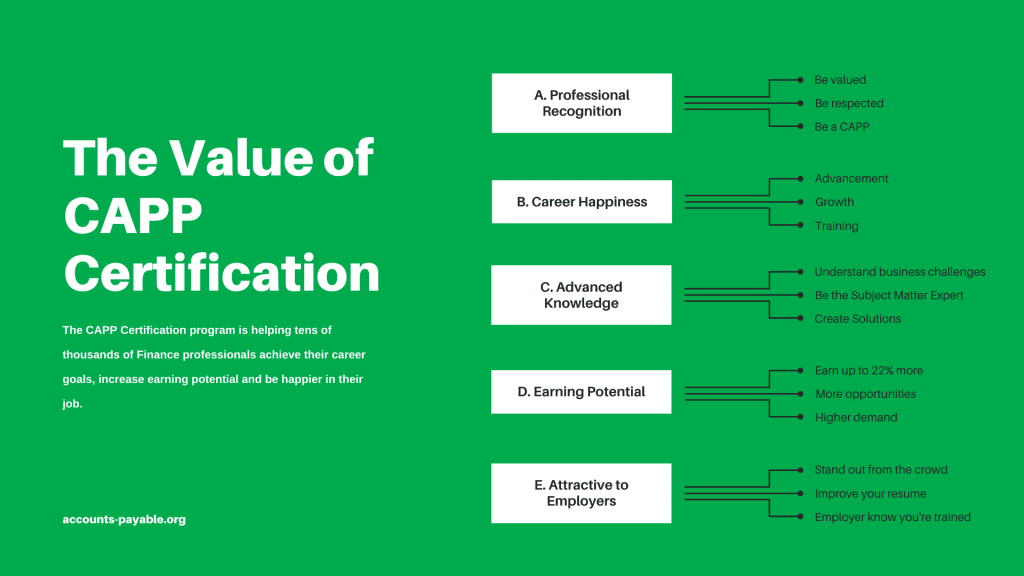Job advertisements almost always make reference to years of experience – for example – “Minimum 5 years’ experience in a similar Accounts Payable role”, or, “Experience: Procure to Pay – 2 years required”. These descriptions are used as instructions to guide those of us working in Financial Operations to identify our suitability to apply. The number of years of experience listed on your CV is then used by employers as a ranking system for the applications received.
But how useful is it really to use years of experience as an indicator of success within Accounts Payable?
Years of experience is not a measure of skill or proficiency. All workplaces are unique environments built on different processes and procedures. We have surely all come across the phrase “how we do things here” when joining a new workplace. And most of us can probably also pick out stark differences between our own office or teams, and another regional office or team within our very own employers!
That’s why using the number of years served within one business to establish suitability within another is an inconsistent evaluation during the Accounts Payable recruitment and selection process.
When thinking about the number of years’ experience someone has working in Financial Operations, it is vital to consider how consistently different everyone learns and progresses. We all work, learn and achieve at our own individual pace. People can work alongside one another on the same tasks, but will develop and show different strengths, weaknesses, processes and ideas. It is therefore impossible to know simply from counting years served in a role how successful someone has been – and how successful they will be in a new role or workplace.
For employers, prioritising years of experience when making recruitment and selection decisions can be costly. Those with many years of experience generally have higher salary expectations.
Accounts Payable certification can be far more useful as an indicator of skill levels. Working towards a professional certification, for example, demonstrates commitment to excellence, and that someone is working to a consistent, benchmarked industry standard. That’s not to say years of experience cannot result in developing the same skillset – but how can we know what standard someone is working at, if it is never qualified?

Years of experience provides only a surface-level overview. Let’s imagine you work for one year with an experienced, innovative and motivated Financial Operations Manager creating a Procure to Pay environment. This dynamic environment will likely mean you gain lots of experience from a Manager who is leading change. Compare this to working for 3 years in an Accounts Payable team with no standardised processes or policies and antiquated systems. Thinking only about years served in these examples does not illustrate the very different working environments and opportunities each experience present.
Increasingly, employers list Accounts Payable certification and Procure to Pay courses as preferred qualifications within job advertisements. Undertaking industry certification and courses can therefore provide a way of standing out from the crowd in your job applications by certifying your expertise.
The trouble with relying on years of experience as a marker of success is that there is no real consistent way of vetting the quality or standard someone is working to. If you are taught a clunky process at the beginning of your career, for example, unless someone else notices it, you may never realise there’s a quicker workaround.
Each job, role and employer will teach you something different as you progress through your career. Accounts Payable qualifications provide advantages within the job marketplace and offer assurances to employers that team members are committed to verifying their high standards of practice.
Learn more about professional certification programs from IFOL here



